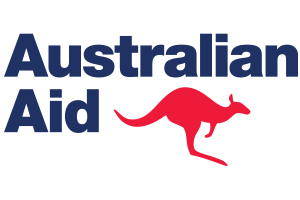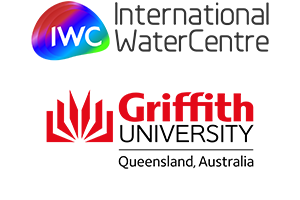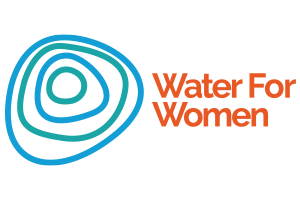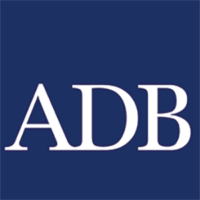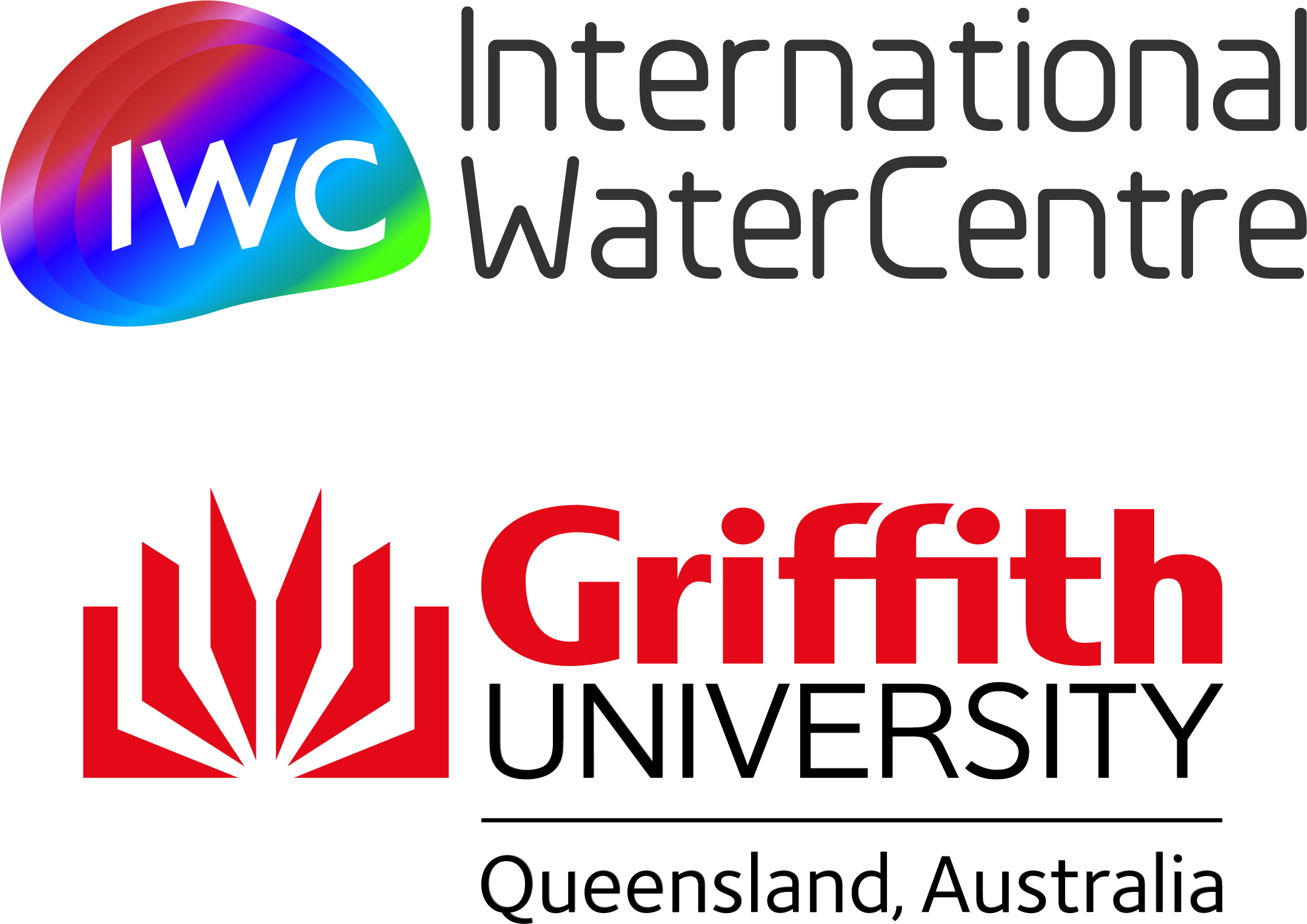Integrating water management and Water, Sanitation, and Hygiene (WASH) to meet SDG 6 in a changing climate
During the Water, WASH, and Climate Virtual Symposium from 20-23 June 2022, the Asian Development Bank (ADB) and UNICEF are co-convening a session on Monday 20 June on managing climate-related risks to Water, Sanitation, and Hygiene (WASH) and water management approaches. The dialogue will cover practical actions, frameworks and methods, including nature-based solutions for water management.
In 2015, heads of State and other world leaders committed to ensure the availability and sustainable management of water and sanitation for all through the adoption of Sustainable Development Goal 6 (SDG 6).
As encouraging as this was, water management and WASH leaders knew that setting the goal was the easy part. The real challenge lies in how SDG 6 can be sustainably achieved in a changing climate.
Funders, WASH organisations, and practitioners have learned from experience that there is no silver bullet to solve this challenge. Investments in infrastructure are essential but not enough without a broader enabling environment. This includes building resilient institutions, appropriate hygiene behaviour, reliable financing, and cross-sector coordination.[1]
By their very nature and specific focus areas, the SDG 6 targets explicitly call for integrated water management and WASH practices to complement one another. This is vital to deliver WASH, improve water quality, reduce water scarcity, and protect and restore water-related ecosystems.
Almost 500 million people in the Asia and Pacific region still do not have access to basic water supplies. Some 1.14 billion people still lack access to basic sanitation. Water security remains a significant challenge, especially as water demand is projected to increase by about 55%. The growing demand from domestic and industrial sectors is fueling this growth in demand. Add to that the constant threat of disasters made worse by climate change that is also prevalent in the region.
For several small island developing states in the Pacific with fragile water lenses and shallow bores, rising sea levels threaten freshwater sources that may leave entire countries without a reliable water source.[2] These pressures are exacerbating existing vulnerabilities experienced by women, people with disabilities, and other disadvantaged groups.
In 2020, 30% of the population in Central and Southern Asia and 64% of the population in the Pacific did not have access to basic handwashing facilities—a dedicated place in the home where soap and water are available to wash their hands, according to the WHO/UNICEF Joint Monitoring Program.
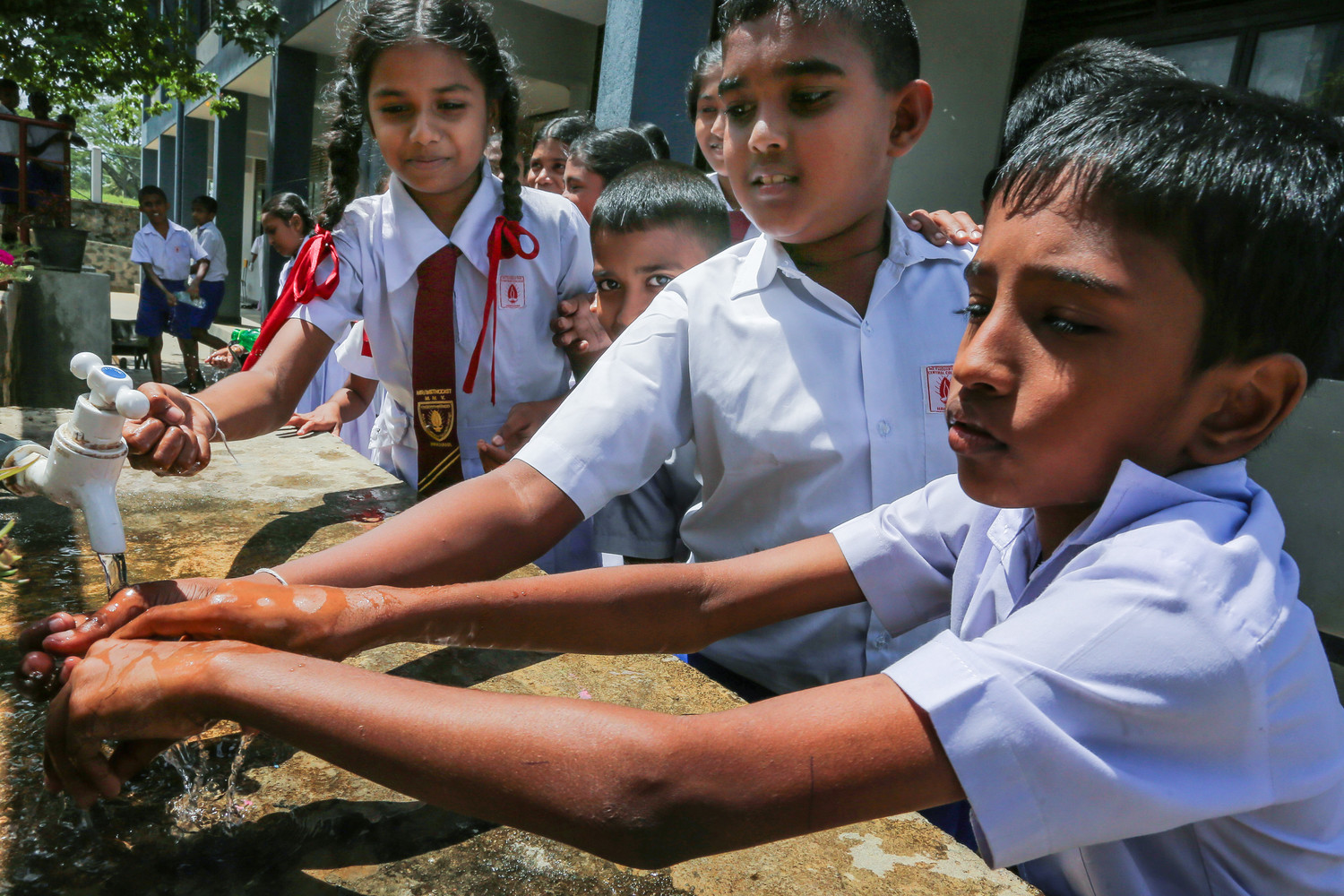
Out of reach. Proper hand hygiene is key to disease prevention yet millions of people still have no access to handwashing facilities. (Photo by ADB)
What is the solution? First, a more holistic approach is needed. Water supply services, from catchment to consumer, need to be designed to anticipate and withstand threats, address inequalities, and continue to meet minimum standards over time.
The Citywide Inclusive Sanitation (CWIS), for example, is a tailored approach that focuses on giving urban areas access to adequate and sustainable sanitation services. CWIS includes the safe management of human waste along the whole sanitation service chain and it must be mainstreamed in our lending programs and projects. Success will depend on the use of integrated, inclusive, and innovative approaches to WASH and water resources management.
ADB’s Senior Urban Development Specialist for the Pacific Department, Vivian Castro-Wooldridge suggests that a whole new way of thinking is needed to address WASH and water management issues: “Professionals working in water supply, sanitation, and urban development are increasingly realising that investing in water supply and sanitation systems alone is not enough to bring about health improvements. A central question is what can be done to influence and to sustain people’s handwashing? To increase handwashing and address Asia and the Pacific’s hygiene and health challenges, new skills, creative thinking, the use of behavioural change research, direct community engagement and access to sustainable water supply are all needed.”
Second, we need closer links across traditional silos in the water and WASH sectors. As the coronavirus disease 2019 (COVID-19) pandemic has shown us, future health crises can be prevented and responded to more effectively by integrating WASH into the public health strategy (among other social objectives such as improving education poverty reduction and gender mainstreaming). It is also important to improve crisis preparedness and response management of water service providers and use wastewater-based epidemiology.
For this reason, the forthcoming Water and WASH Futures events aim to build awareness of the links between WASH and water resources management, to explore the significant common ground between the two sectors. These events call on practitioners to forge new approaches to working together, in pursuit of holistic, integrated water management approaches to sustainable water and sanitation for all.
The Water and WASH Futures 2023 conference is an opportunity for WASH and water resources management stakeholders to come together. It is a space to build a shared understanding of the relationships between their respective fields and contribute to improved knowledge and action on WASH and water resources management for the Indo-Pacific region.
The Asian Development Bank is proud to partner with the Australian Department of Foreign Affairs and Trade, the International WaterCentre and the Water for Women Fund to convene the Water and WASH Futures conference 2023, and the Water, WASH and Climate virtual symposium to be held in June 2022.

